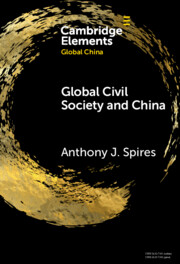This essay explores those in pre-modern Britain (chiefly the seventeenth and eighteenth centuries) who were accused of corruption and yet denied their guilt and made defenses, disavowals, justifications, protests, vindications or at least sought to explain away, rationalize, or legitimize their behavior, both to themselves and to others. Six, sometimes overlapping, categories of rationales are identified. Focusing on the strategies and arguments used by the allegedly corrupt has both historical and philosophical value. Thinking about such cases helps both the state and its citizens to be as clear as possible about how to define integrity, and judge whether there was, or is, an intention to break, subvert, or manipulate moral codes. Thus it is not merely the legislator or the law court, but also the court of public opinion, that decides such matters; and debates about the acceptability of such defenses are an important part of a process of public debate about where society has drawn, or does now draw, ethical lines. There are degrees of corruption that need careful evaluation. Thinking about the past also raises interesting questions about whether corruption can be judged across time, culture, and space by a set of universal values. I argue that what appear to be universal values evolved over time as a result of particular cultural circumstances and contests over historical scandals. Contesting corruption allegations was an inherently political process: corruption is not just an economic issue but also a political and moral issue that demands contextualization. That process must include an understanding of national histories.


